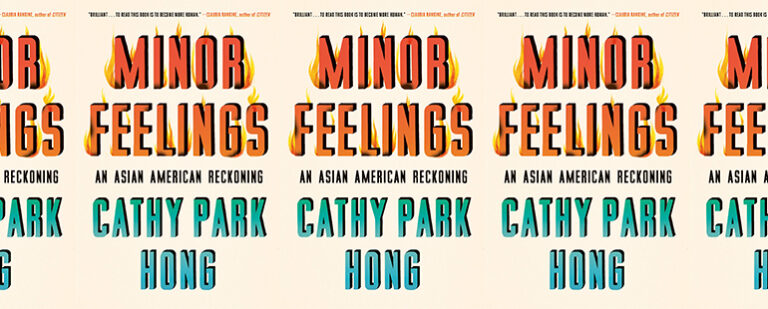The Great MFA Debate
If you’re interested in poetry and/or literary fiction and have been reading the Internet at any point over the last decade, you’re probably at least vaguely aware that there’s some controversy over the MFA degree: the number of people pursuing it, the effect it has on American writing, and its overall usefulness in our capitalist culture. (Why get an MFA when you could be earning an MBA? Who’d rather get an F than a B, amiright?)
Stupid jokes aside, the questions surrounding the MFA—who should get one, when to get one, where to get one, &c &c—are in need of answer, for reasons both practical and academic.
A lot of people have written extensively on this topic, and one need only Google “should I get an MFA?” to see what they have to say; I won’t expend effort attempting what many have already done better and more thoroughly elsewhere. (For the widest possible divergence in views, see the opinions of Lan Samantha Chang [for] and Anis Shivani [against].)
I will, however, mention a few things that I think have been missed over the course of these discussions, as well as reiterate points I think are worth revisiting.
First and foremost: never, never, never go into significant debt for an art degree. For any reason. Ever.
One of the most common criticisms leveled against the MFA is that it is an expensive, time-intensive degree that offers the recipient a relatively low return on her investment. My response to this is to say that there is no reason to attend a program you can’t afford.
Want to go to school full time and not work? Cool! Make sure you apply only to fully funded programs that offer stipends for things like eating and not being homeless. Want to spend $100,000 over two years for your MFA? Also cool! Just make sure that, you know, you have $100,000 to spend on an art degree. (I don’t think this is a good use of your money, but it’s not my place to tell you what to do with your money.) An MFA is not like a JD or an MD—you’re not going to earn a salary after graduation that will allow you to pay down monstrous levels of debt.
Second, there’s no set window in which you have to complete the MFA. Some people go right out of college; some people go in their 40s. There’s no such thing as a “traditional” or “non-traditional” MFA student in the sense that these categories exist for undergraduates. If you really want to go to a certain program and you don’t get in the first time, you can reapply. You don’t have to settle for a program you don’t want or a program you can’t afford in the interest of time.
Yes, it’s harder to attend a program if you’re fully engaged in your career or you’ve got small children or you’re otherwise tied down geographically, but it isn’t impossible. And, frankly, if you’ve already got a solid career and a happy, healthy family, I wonder whether you really need the MFA in the first place. (Okay, now I’m really done with the stupid jokes.)
To my mind, the MFA is good for a whole bunch of things: qualifying you to teach undergraduates, getting you used to writing on a deadline, giving you access to a community of writers, giving you time to focus on your writing, meeting a lot of cool and influential writers, and introducing you to the work of poets and writers you otherwise might not have read are just a few examples. Thing is, a lot of these perks are attainable outside the structure of the MFA degree. If you’re working in, say, journalism, and you’ve got a couple of poet/writer friends already, you’ve pretty much got everything you need (unless you really, really want to teach creative writing at the college level.)
And there are a few bad habits I think are instilled (or at least abetted) by the MFA: emphasizing attention to contemporary writing at the cost of attention to the classics (i.e. anything written before World War One), editing by committee (though I’m inclined to think anyone who can be cowed by a room of ten graduate students would be similarly influenced outside of the workshop), and reliance on the artificial structure offered by class deadlines and requirements as a proxy for individual discipline chief among them. But I’m convinced that the benefits of attendance far outweigh the potential disadvantages, so long as you choose a program that’s a good fit and that won’t break the proverbial bank.
I’ll be graduating from New York University in May with no debt, having attended the program full time and having worked full time for two years. If I were to do the whole thing again, I’d do it exactly the same way. My experience is and has been wonderful, and while that’s undoubtedly thanks to the folks I get to work with as part of the program, it’s also due to my purposely choosing a program that fit my needs aesthetically, geographically, and financially. I’d encourage anyone thinking of pursuing an MFA to make their choice while considering the same.


